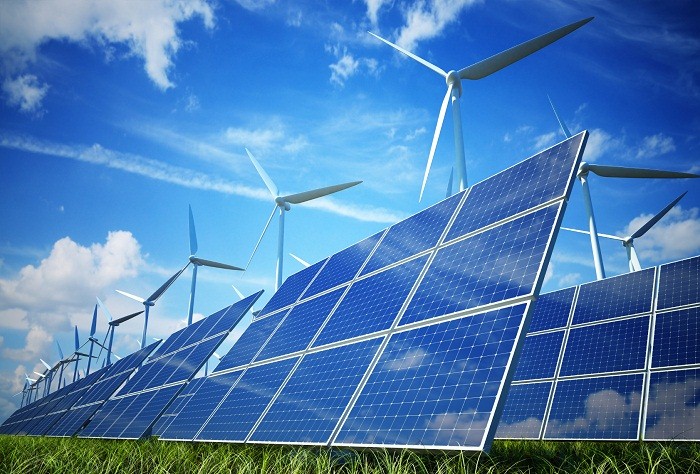Published on May 14, 2018
Moreen Mbogo
Nigeria is turning to renewable energy in a big way. This is as a result of a population increase that has sent carbon emissions soaring and stretched power supplies to a breaking point.
Campaigners welcome the shift to renewable as an efficient way to bring power to rural communities and help clean up a country with some of the world’s worst urban pollution rates.
According to power minister Babatunde Fashola, Africa’s most populous country needs more than 10 times its current electricity output to guarantee supply for its 198 million people, nearly half of whom have no access at all.
“Ready access to electricity will reduce youth unemployment and increase productivity,” Ifeoma Malo, Nigeria country director at the global campaign group Power For All, told the Thomson Reuters Foundation.
Also read: Lagos State to install 10,000 LED streetlights
“It will contribute greatly to reducing the carbon footprint of a growing energy demand by the urban population,” she added.
Nigeria had set a target of expanding electricity access to 75% of the population by 2020 and 90% by 2030. It aims to generate 30% of its total energy from renewable sources by 2030, a major commitment for an economy that depends heavily on fossil fuels.
Solar power projects
Over the past year, the country has invested more than US $20bn in solar power projects, seeking to boost the capacity of the national grid and reduce reliance on it by building mini-grids in rural areas without mains electricity.
Just one in four people in rural Nigeria is connected to the national grid, adding to a trend of outward migration that is piling pressure on Nigeria’s already overburdened cities.
Power demand in Nigeria’s largest city Lagos vastly outstrips supply, meaning its 25 million residents must either go without, or rely on expensive, fume-belching generators.
In January the country suffered six power outages in just eight days as the national grid repeatedly collapsed under the strain, plunging most of the country into darkness.

Leave a Reply